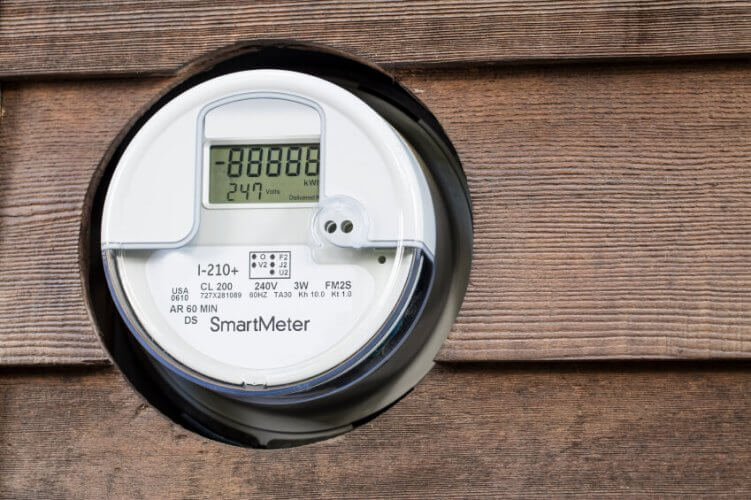
These days the word “smart” is associated with smart phones, smart homeowners with low homeowners insurance rates and, now, smart meters. As technology moves forward, new innovations are taking over the work once performed by humans. Conservation-minded California utilities have taken the initiative by swapping out the old gas, electric, and water meters and replacing them with smart ones.
For those unfamiliar with how they work or the reason so many municipalities have opted for the new technology versus the old, smart meters collect data at regular intervals and transmit it, usually via a wireless network, to a central location – although, the methods may vary by city. The smart meter market is being led by gas and electric utilities, but water agencies are close behind.
With the serious drought crisis in California forcing conservation of water through most of the state, the devices will become more prevalent statewide in the years to come. While traditional water meters generally require a staff of city workers to visit each individual meter and record usage, smart systems can reduce or eliminate the labor costs as well as provide the water agencies with the ability to monitor usage and detect leaks.
The technology isn’t cheap, costing about two to three times more than traditional meters, but the agencies believe the benefits they provide outweigh the price. And, most systems have a user interface that allows customers who are conservation-minded as well as agencies themselves to log on to a website and view their usage information.
However, it must be pointed out that both traditional and smart meters come with their own set of risks. Traditional meters wear out and require replacement every 10 to 15 years. Whereas, battery life in smart meters is a major concern for water agencies considering a conversion – with most manufacturers promising the batteries last an equivalent lifespan of 10 to 15 years. In either case, additional labor will be involved to maintain the meters for proper operation.
Currently, a few Southern California water agencies have moved to smart meters, including Glendale and Burbank. Meanwhile, Long Beach has, for now, done so on a more limited basis. But, the evidence is clear. Smart meters have many benefits for customers and water agencies. For customers, the systems allow them to make informed conservation decisions to reduce consumption. And, the meters allow agencies to reduce labor costs, improve enforcement efforts and enable leak detection.
When shopping for homeowners insurance, you also want to make informed decisions and reduce costs. Make sure you’re getting the lowest rate on your homeowners insurance. Why not get a free homeowners insurance quote today?
Does your home currently have a smart water, electric or gas meter? Feel free to share your thoughts in the comments section below.



